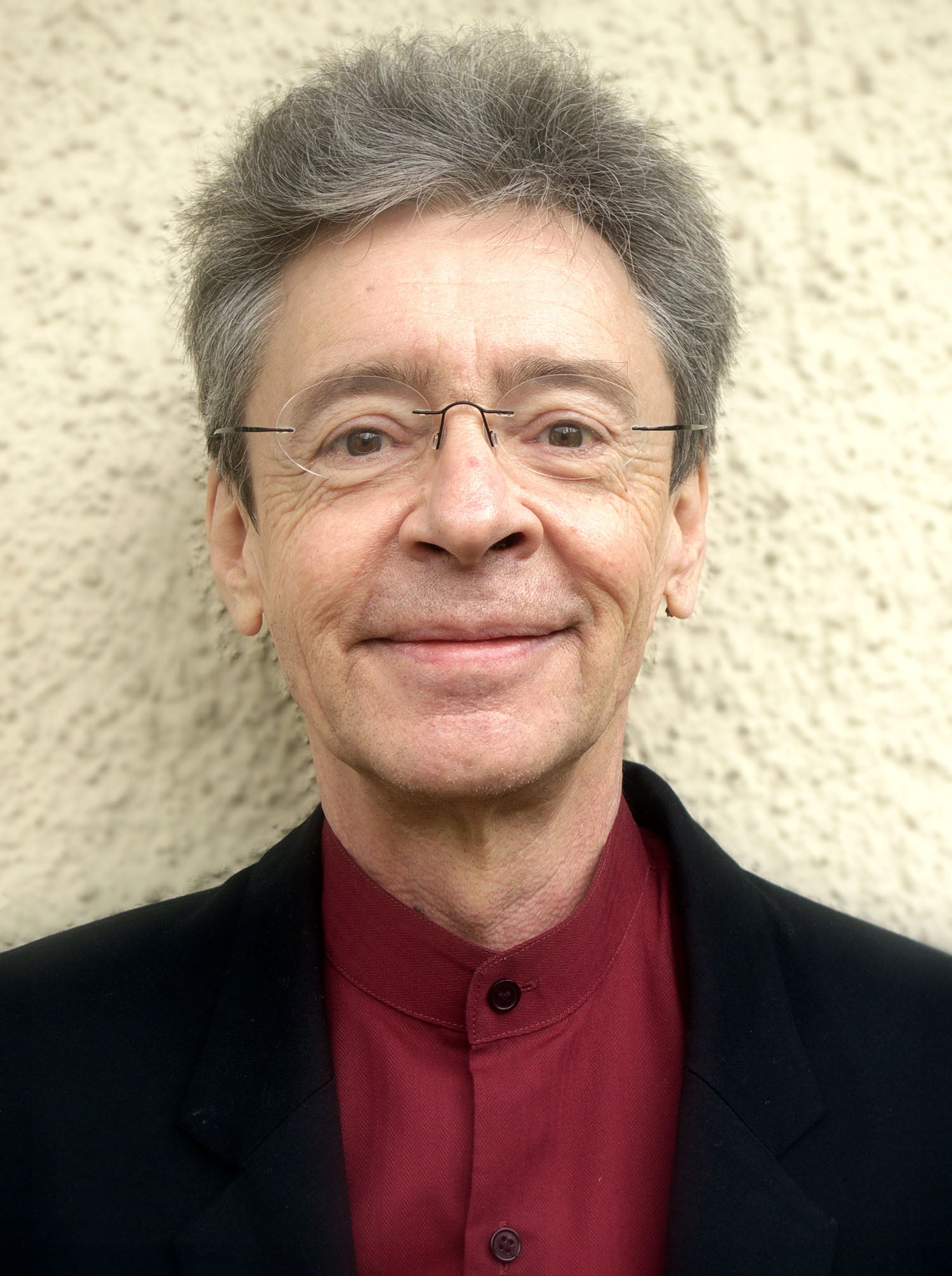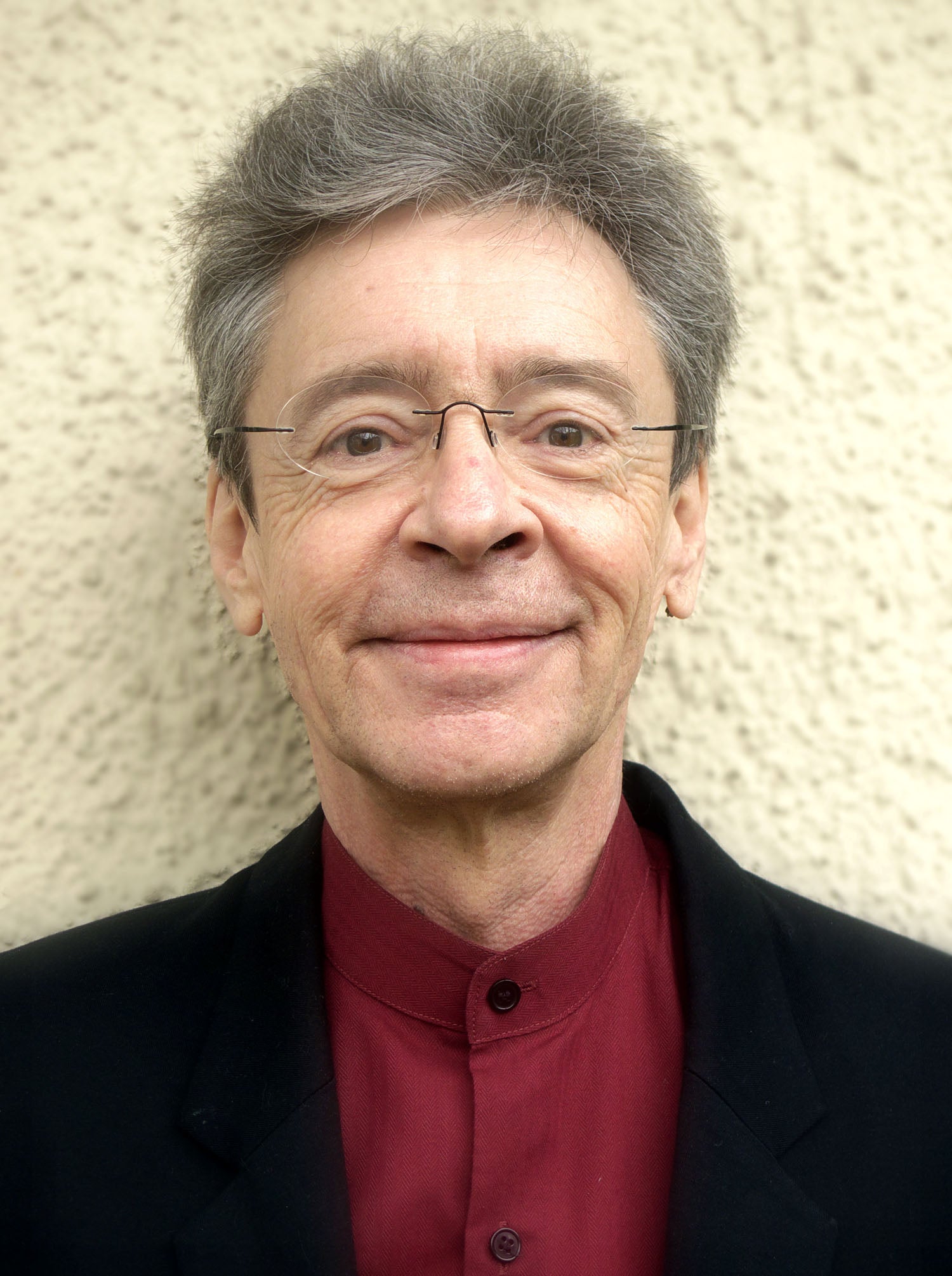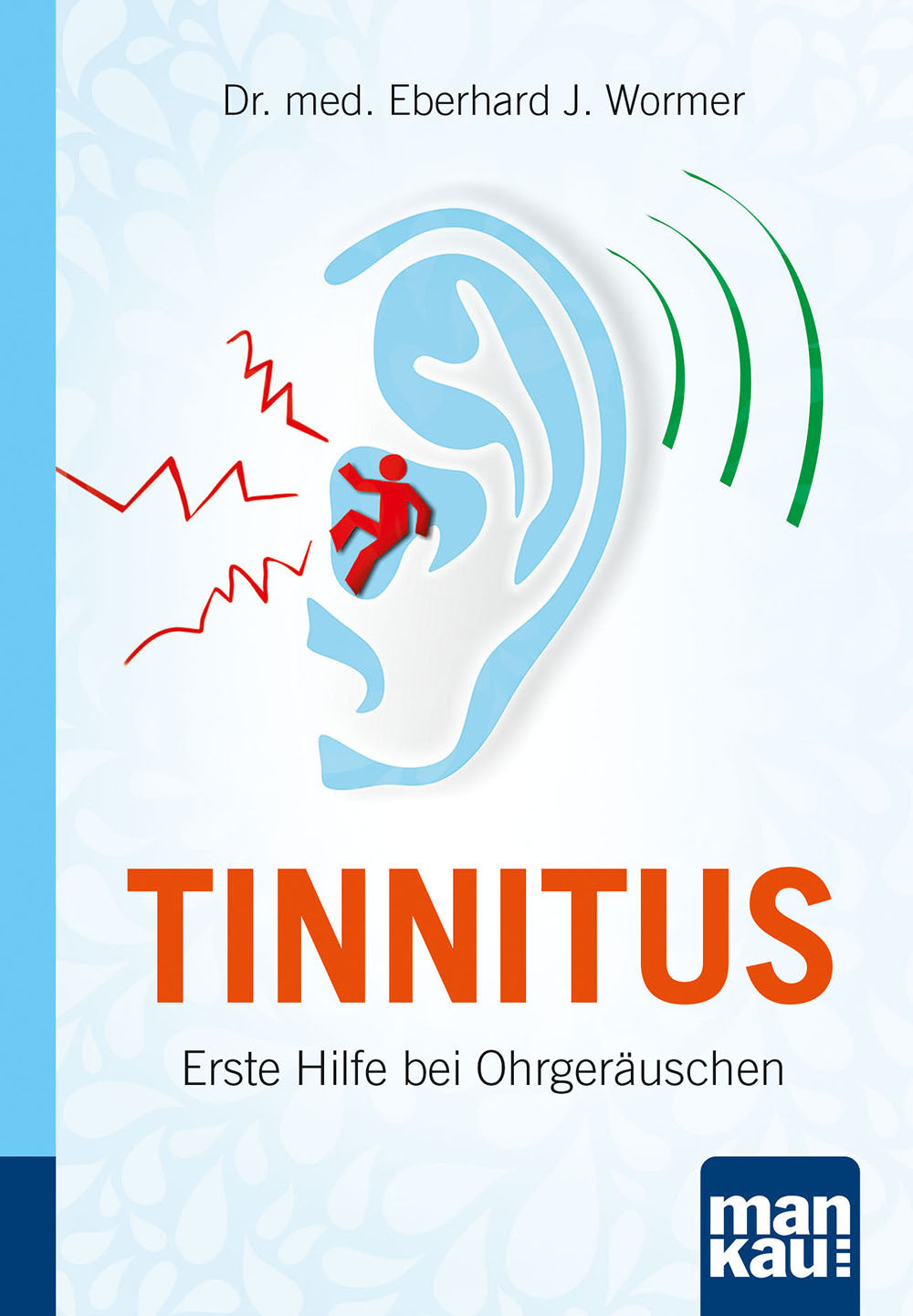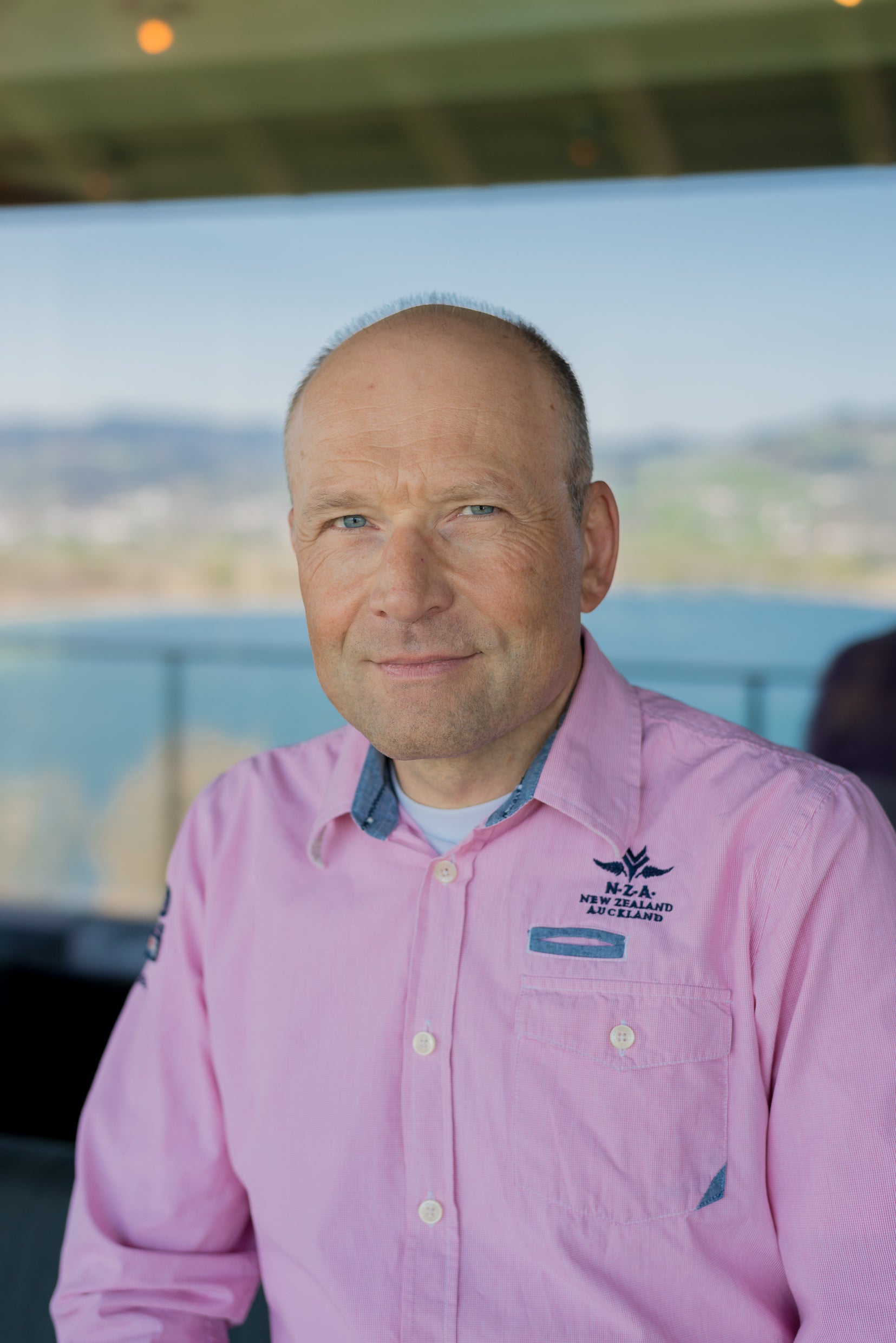
Tinnitus: “The key to success is your brain’s ability to learn!”
Tinnitus: “The key to success is your brain’s ability to learn!”
Interview with the doctor and health author Dr. Eberhard J. Wormer on the topic of "Therapeutic approaches for acute and chronic tinnitus"
"Since tinnitus cannot usually be perceived or measured from the outside, but only by the sufferer themselves, it is up to them to take action themselves. Above all, they should make use of their own brain's ability to learn and heal: If, with the help of suitable measures, the ear noises are no longer perceived as threatening, the psychological stress disappears - and with it often the tinnitus itself." The general practitioner Dr. med. Eberhard J. Wormer, author of the compact guide "Tinnitus - First Aid for Ear Noises", wants to encourage all tinnitus patients to take their own initiative and explains the promising treatment approaches."
Your new compact guide promises “First Aid for Ear Noises”. What is “tinnitus” anyway, and how does it differ from other hearing disorders?
Dr. Wormer: Tinnitus is a symptom of altered or impaired hearing perception; the abnormal ear noises are usually perceived subjectively, i.e. only by those affected. There is no connection to an external source of sound. Different noises are heard: humming, whistling, hissing, rustling, cracking, knocking, etc. - as a continuous tone or rhythmically pulsating. The symptom of tinnitus is considered a disease when those affected suffer from it chronically and psychosocial disorders such as anxiety, depression, sleep disorders or occupational disability occur. The difference to other hearing disorders is that the symptom of tinnitus cannot be objectively proven and that the hearing disorders are "purely a matter of the mind". Accordingly, the peripheral hearing system up to the sound sensors in the cochlea usually has nothing to do with the ear noises. However, the cochlea is usually where the diagnostic Latin of ENT medicine ends.
Many of those affected come to terms with their inner “background music”, while others are driven to the brink of madness. Why is it that people deal with it so differently?
Dr. Wormer: Good question! Every person is different and every person reacts differently to physical symptoms that appear threatening. Stress and excessive demands are also experienced differently by every person: what is a challenge for one person is an unbearable burden for another. This once again shows that the whole person is affected when symptoms and disorders occur in a certain region. The basic state of health, the individual stress level and how to deal with it probably play an important role. Often, people live with an above-average stress level for years without noticing. Traumatic events such as tinnitus are then a sign that the immune system is overwhelmed, which plays an important role in holistic homeostasis, i.e. self-regulation in the organism.
The origin and treatment of ear noises still raises many questions that cannot yet be fully answered. What is the current state of knowledge regarding the causes of tinnitus?
Dr. Wormer: There are many causes of tinnitus, and it can be triggered in the peripheral ear or during the central processing of audio signals. Tinnitus most commonly occurs in the cochlea or within the central auditory pathway. Nine out of ten tinnitus patients also have hearing loss in the cochlea, which is most pronounced at the tinnitus frequency. The fact is: except for rare, diagnostically clear causes - inner ear mechanics, inflammation or side effects of medication - conventional medicine now admits that it does not know what the tinnitus is all about. Tinnitus is, as already mentioned, a "head issue"; beyond the cochlea begins the unknown continent of nerve cells. The cause of tinnitus therefore falls, in the broadest sense, into the field of neurology, psychology or psychosomatics.
You write that “above all, the brain’s unlimited learning capacity is the key to solving the problem.” What does this mean for the medical possibilities of tinnitus therapy?
Dr. Wormer: In fact, the brain's ability to learn can be used by every person as an effective healing system. It will not be the medication that brings success! The ability to learn means that everything can be learned. For tinnitus, this means learning to turn a threatening phenomenon into an "ordinary", perhaps even "normal" perceptual experience. Medicine has also understood this and offers multimodal tinnitus therapy as the ultimate solution. Here, the ability to learn is trained on all levels of perception - plus ENT interventions if necessary - to get used to and accept disturbing noises. And it works well if the person affected really cooperates.
There is a wide range of treatment options available for chronic tinnitus. What are they and what promises the greatest success?
Dr. Wormer: The treatment of chronic tinnitus confronts medicine with a problem that seems almost insoluble. It is the problem of "incurable" diseases: we do not know how the disease arises and therefore we do not know how to treat it. A frustrating experience for medicine and those affected. In the meantime, however, the medical field has realized that chronic tinnitus can only be treated with the right combination of therapeutic measures for the individual. Those affected benefit from this. The quality level of tinnitus therapy in Germany is comparatively high - not least because of the educational work and commitment of the German Tinnitus League. In individual cases, the right combination of therapy brings success. The most important prerequisite for this is comprehensive information and education about tinnitus. Lifestyle changes, relaxation measures, holistic approaches, mindfulness training and medical tinnitus retraining therapy (TRT) are considered particularly promising.
The more negatively the noise is assessed emotionally, the more the tinnitus takes control of the life of the person affected. What chances do those affected have of escaping this cycle on their own?
Dr. Wormer: As I said, everyone is different, everyone feels differently. The chances of regaining control over your own life - despite tinnitus - increase with the willingness and understanding that you have to take action yourself. Many sufferers only decide to do this after they have had persistently frustrating experiences with numerous doctors. At this point you know that you are on your own with your tinnitus - this is where your path to successful management begins. Countless patient stories show this: your chances of success increase if you follow the motto "fewer doctors, more initiative". A healthy lifestyle, less stress, more mindfulness and positive learning experiences will take the fear out of tinnitus and make it increasingly irrelevant. Your signpost says: Back to your own quality of life.
Studies have shown that every German over the age of ten has experienced ringing in the ears at least once, and around four percent of the total population suffers from tinnitus. Are there any particular risk factors that make you susceptible to ringing in the ears?
Dr. Wormer: First and foremost, there is an unhealthy lifestyle and chronically ignored, increased stress levels. Obvious but rarer risk factors are noise pollution - all noise pollution causes physical and psychological stress -, medication, or spinal or back problems, particularly in the cervical spine, including muscular tension.
Similar to fibromyalgia, many sufferers complain that their condition is not taken seriously or that doctors know too little about the phenomenon. What should sufferers pay attention to when seeking medical treatment?
Dr. Wormer: Symptoms such as tinnitus that are perceived purely subjectively are threatened by the sword of Damocles of ignorance - "I'm not interested" - and stigmatization - "it's all just my imagination" - both by doctors and by those around you. Pay attention to whether the doctor is actually interested in your problem, whether he looks at you, asks the right questions and invests enough time in the conversation. If you have the impression that you know more about tinnitus than your doctor, consider whether you want to trust him. The best doctor is the one who wants to support you on the way to overcoming tinnitus and who takes your suffering seriously.
Book tip:
Dr. med. Eberhard J. Wormer: Tinnitus. Compact guide. First aid for ear noises. Mankau Verlag 2016, paperback, 11.5 x 15.6 cm, 127 pages, 7.99 euros (D) / 8.20 euros (A), ISBN 978-3-86374-275-1.
Link recommendations:
- More information about the compact guide "Tinnitus"
- To the reading sample in PDF format
- More about the author Dr. Eberhard J. Wormer
- To the Internet forum with Dr. Eberhard J. Wormer
- To the Tinnitus Self-Help Internet Portal











